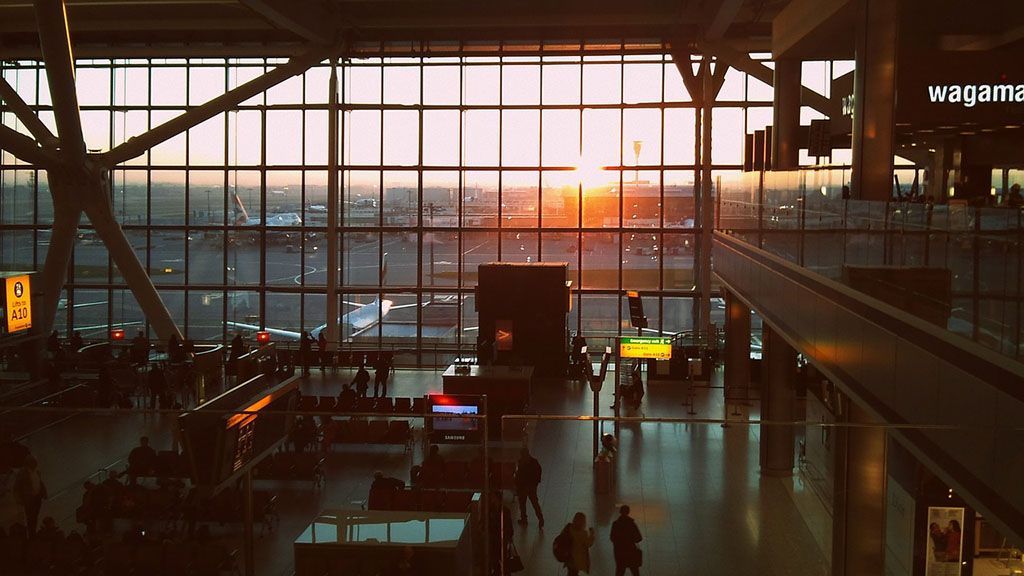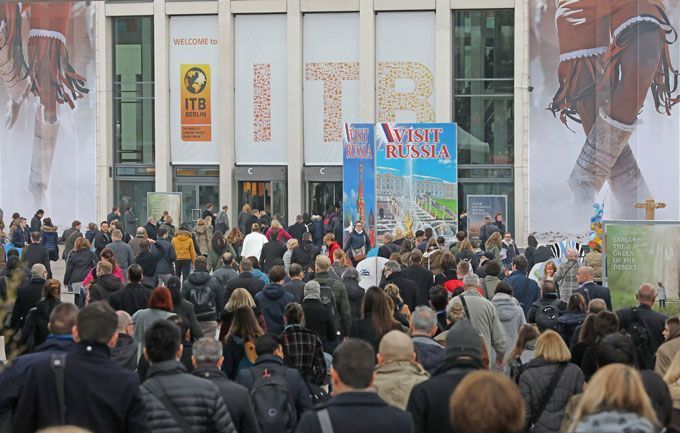With global travel almost at a standstill due to the COVID-19 pandemic, people that hold the world’s most powerful passports have no more privilege when it comes to traveling as many countries announced lockdown or mandatory quarantine at arrival.
According to the latest results of the Henley Passport Index published in January this year conclusively confirmed that overall, people were the most globally mobile than we had ever been in the history of humankind, with the top-ranking passport (Japan) offering its holders access to a record-breaking 191 destinations without requiring a visa in advance. Just three months later, the picture looks very different.
Japan’s passport continues to hold the top spot but the reality is that current stringent travel restrictions mean that non-essential travel for Japanese nationals is heavily curtailed. This is true for almost every country of course, as more travel bans are implemented daily, and ever-more stringent coronavirus lockdown regulations are imposed by governments worldwide. With 3.5 billion people, nearly half the global population, presently living in voluntary or mandatory confinement, the latest results from the index — which is based on exclusive data from the International Air Transport Association (IATA) — raise challenging questions about what travel freedom and global mobility really mean, both currently and in a deeply uncertain post-pandemic future.
Dr. Christian H. Kaelin, Chairman of Henley & Partners and the inventor of the passport index concept, points out that in an unprecedented global health emergency such as this, relative passport strength becomes temporarily meaningless. “A Swiss citizen can, in theory, travel to 185 destinations around the world without needing a visa in advance, but the last few weeks have made it apparent that travel freedom is contingent on factors that can be utterly beyond our control. This is something that citizens of countries with weak passports in the lower ranks of the index are all too familiar with.”
Bestselling author and the Founder and Managing Partner of FutureMap, Dr. Parag Khanna, says the combined effect of the COVID-19 pandemic on public health, the global economy, and social behavior could lead to much deeper shifts in our human geography. “This may seem ironic now but as the curtain lifts, people will seek to move from poorly governed and ill-prepared ‘red zones’ to ‘green zones’ or places with better medical care. Alternatively, people may relocate to places where involuntary quarantine, whenever it strikes next, is less torturous. In the US, both domestic and international migration was surging before the pandemic, with Gen-Xers and millennials shifting to cheaper, second-tier cities in the Sun Belt or abroad to Latin America and Asia in search of an affordable life. Once quarantines lift and airline prices stand at rock bottom, expect more people across the globe to gather their belongings and buy one-way tickets to countries affordable enough to start fresh.”
This is supported by emerging research and analysis commissioned by Henley & Partners, which suggests that the unprecedented and overwhelming focus on health security and pandemic preparedness may change the face of global mobility forever. Political science researchers Uğur Altundal and Ömer Zarpli of Syracuse University and the University of Pittsburgh, respectively, warned that “the quality and level of health security of a country could be a significant consideration for visa waivers in future”.
Commenting on the ever-expanding growth of the investment migration industry, Dr. Juerg Steffen, CEO of Henley & Partners, says: “We believe that in the post-COVID-19 environment, investment migration will take on a dramatically enhanced importance for both individual investors and sovereign states. Acquiring alternative residence or citizenship will act as a hedge against the significant macro-economic volatility that is predicted, creating even more sovereign and societal value across the world.”













